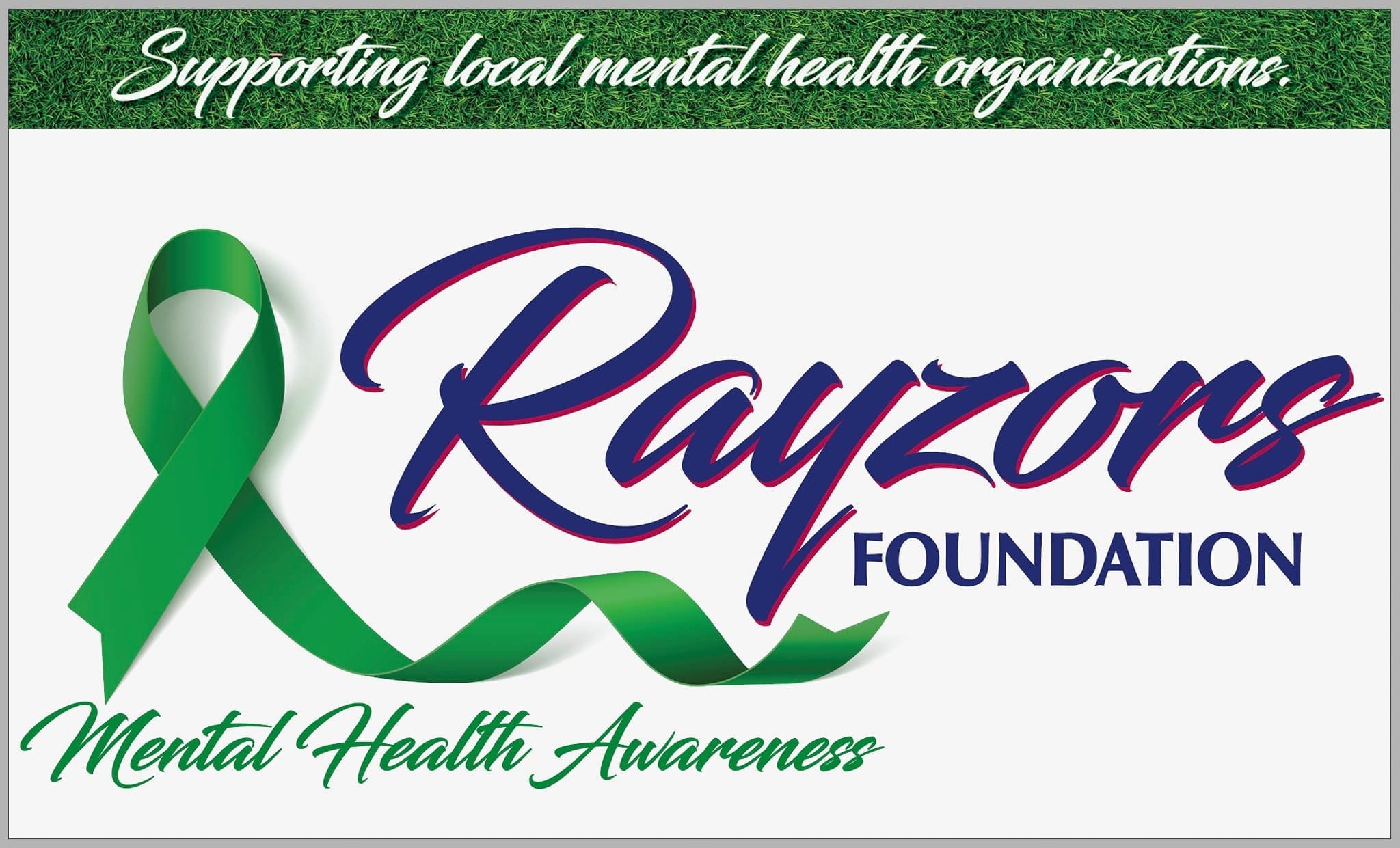 November is Men’s Mental Health Awareness Month: Let’s Talk About It
November is Men’s Mental Health Awareness Month: Let’s Talk About It
November is Men’s Mental Health Awareness Month, a time to raise awareness about the unique challenges men face when it comes to mental health. Men are less likely than women to seek help for mental health problems, and they are also more likely to die by suicide.
Risks for Men
There are a number of factors that can put men at increased risk for mental health problems, including:
- Toxic masculinity: Traditional gender roles often dictate that men should be strong, silent, and self-sufficient. This can make it difficult for men to express their emotions and seek help when they need it.
- Work stress: Men are more likely to be employed in high-stress jobs, and they are also more likely to work long hours. This can lead to burnout, depression, and anxiety.
- Financial problems: Men are more likely to be the primary breadwinners for their families, and they are also more likely to be unemployed. This can lead to financial stress, which can also trigger mental health problems.
- Substance abuse: Men are more likely to abuse alcohol and drugs, which can worsen mental health problems.
There are a number of reasons why men are less likely than women to seek help for mental health problems and more likely to die by suicide.
Stigma
One of the biggest reasons is stigma. There is still a lot of stigma associated with mental illness, especially among men. Men are often told that they should be “strong” and “man up,” and that showing emotions is a sign of weakness. This can make it difficult for men to admit that they are struggling and to seek the help they need.
Lack of awareness
Another reason is lack of awareness. Many men are simply not aware of the signs and symptoms of mental illness, or they may not know where to go for help. This is especially true for men who are from marginalized groups, such as men of color, LGBTQ+ men, and rural men.
Suicide
Suicide is a complex issue with many contributing factors. Some of the factors that may contribute to suicide among men include:
- Mental illness: Depression, anxiety, and substance abuse are all risk factors for suicide.
- History of trauma: Men who have experienced trauma, such as childhood abuse or neglect, are at increased risk for suicide.
- Social isolation: Men who are socially isolated are more likely to die by suicide.
- Access to firearms: Men are more likely to own guns than women, and they are also more likely to use guns to commit suicide.
It is important to note that not all men who have these risk factors will die by suicide. However, it is important to be aware of the risk factors so that you can help men who may be struggling.
Signs and Symptoms of Depression and Suicide
Depression and suicide are two of the most serious mental health problems that can affect men. The signs and symptoms of depression include:
- Feeling sad or depressed for most of the day, nearly every day
- Losing interest in activities that you used to enjoy
- Having trouble sleeping or sleeping too much
- Having changes in appetite
- Feeling tired all the time
- Having trouble concentrating
- Feeling worthless or guilty
- Thinking about death or suicide
The signs and symptoms of suicide include:
- Talking about death or suicide
- Giving away possessions
- Saying goodbye to loved ones
- Withdrawing from social activities
- Increasing substance abuse
- Taking risks
- Becoming more aggressive or hostile
What can be done?
There are a number of things that can be done to help men who are struggling with mental health problems. We need to reduce the stigma associated with mental illness and make it easier for men to seek help. We also need to increase awareness of the signs and symptoms of mental illness and make sure that men have access to affordable and quality mental health services.
If you are a man who is struggling, please know that you are not alone. There are people who care about you and want to help. Please reach out to a friend, family member, therapist, or other mental health professional for support.
Seeking Help
If you or someone you know is struggling with mental health problems, it is important to seek help. There are a number of resources available, including:
- Mental health professionals: Therapists, counselors, and psychiatrists can provide support and treatment for mental health problems.
- Support groups: Support groups can provide a safe and supportive space to talk about your challenges and struggles.
- Crisis hotlines: Crisis hotlines can provide immediate support if you are feeling suicidal or in crisis.
BryLin Hospital
BryLin Hospital is upstate New York’s premier crisis mental health provider for children, adolescents, and adults. If you or someone you know is in crisis, please call 716-886-8200 to speak with a mental health professional. With Help, There’s Hope.
Conclusion
It is important to talk about men’s mental health and to raise awareness about the risks men face. Men need to know that it is okay to ask for help, and that there are resources available to support them. Let’s all do our part to break down the stigma surrounding men’s mental health and create a world where everyone feels comfortable reaching out for help when they need it.


 November is Men’s Mental Health Awareness Month: Let’s Talk About It
November is Men’s Mental Health Awareness Month: Let’s Talk About It

Comments are closed